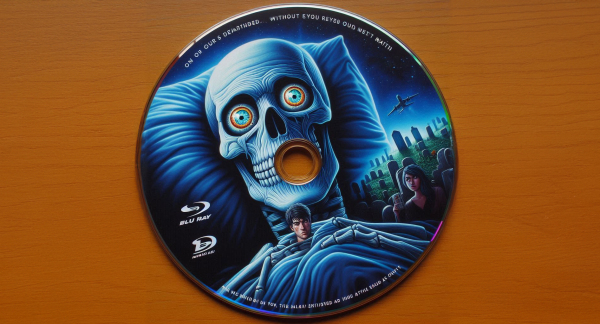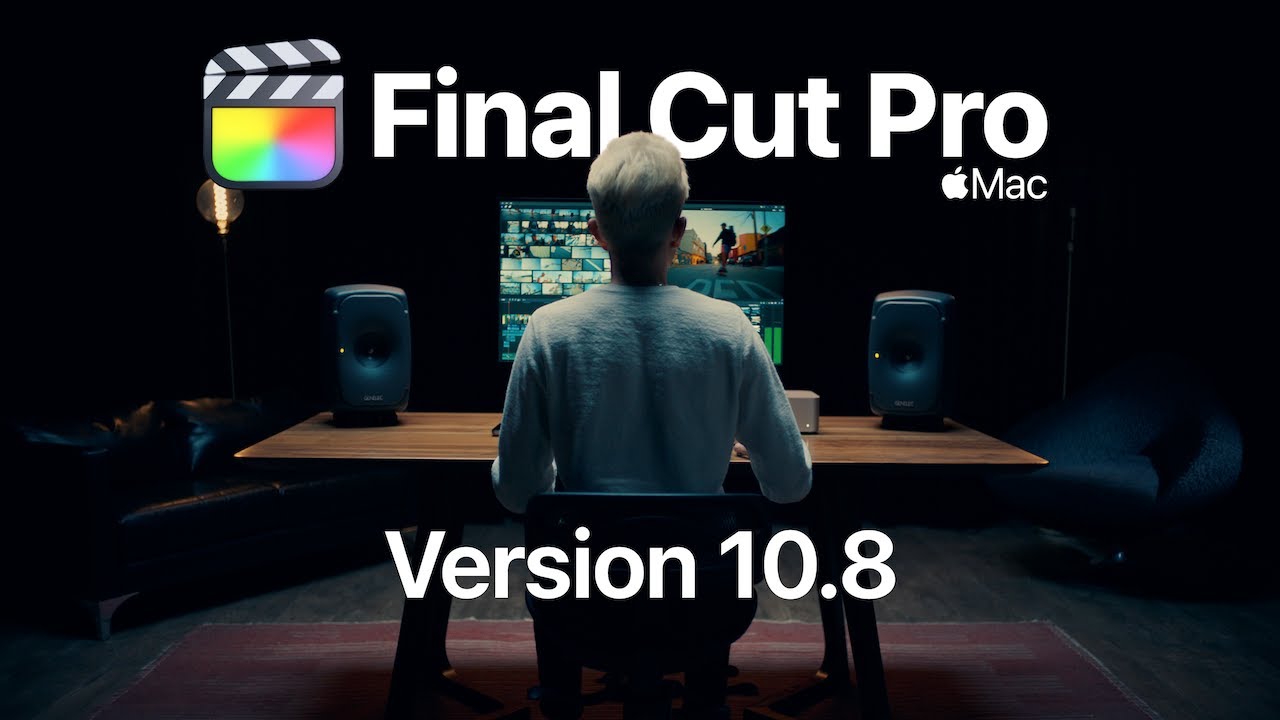[14:07 Sun,7.July 2024 by Rudi Schmidts] |
Times are changing. It&s not just electric cars and heat pumps that are being replaced by new technologies; data storage media have also been undergoing constant change for decades. After the magnetic removable storage media of the 80s and 90s (tapes and floppy discs), the following 20 years were dominated by optical storage media. These were recently replaced not only by flash storage media. Cloud storage has also reduced the typical areas of application for consumers. Many users now primarily store photos and videos in the cloud, even if this is certainly not the best idea without a backup. In any case, Sony no longer seems to see a consumer market for recordable Blu-ray discs (and other optical data carriers for consumers). The Japanese company has confirmed that it will discontinue the development and production of recordable optical media - including Blu-ray. However, anyone still using Blu-ray discs to archive their data will now have to hoard non-recordable Blu-ray discs.  B2B products will continue to be available for business customers as long as their production remains profitable for Sony. It is also to be expected that such discs can be marketed to end customers via third parties. Nevertheless, you should perhaps use this time to think about your own backup strategies. Optical storage media may not necessarily be cheap, but they do have another advantage: hard drives and SSDs last an average of five years reliably, while Blu-ray discs last for decades and some newer optical discs can even work for up to a hundred years. Currently, however, a maximum of 125 GB can be stored on a disc, which is why many consumers now prefer the convenience of cloud or flash storage for backups. For comparison: 16 (!!) 125GB BluRay discs could be "accommodated" on a 2TB micro SD memory card the size of a fingernail. And also write and read much faster. Convenience simply beats durability, even if you have to rewrite every five years. deutsche Version dieser Seite: Sony lässt beschreibbare Blu-ray- und optische Datenträger für Consumer sterben |





